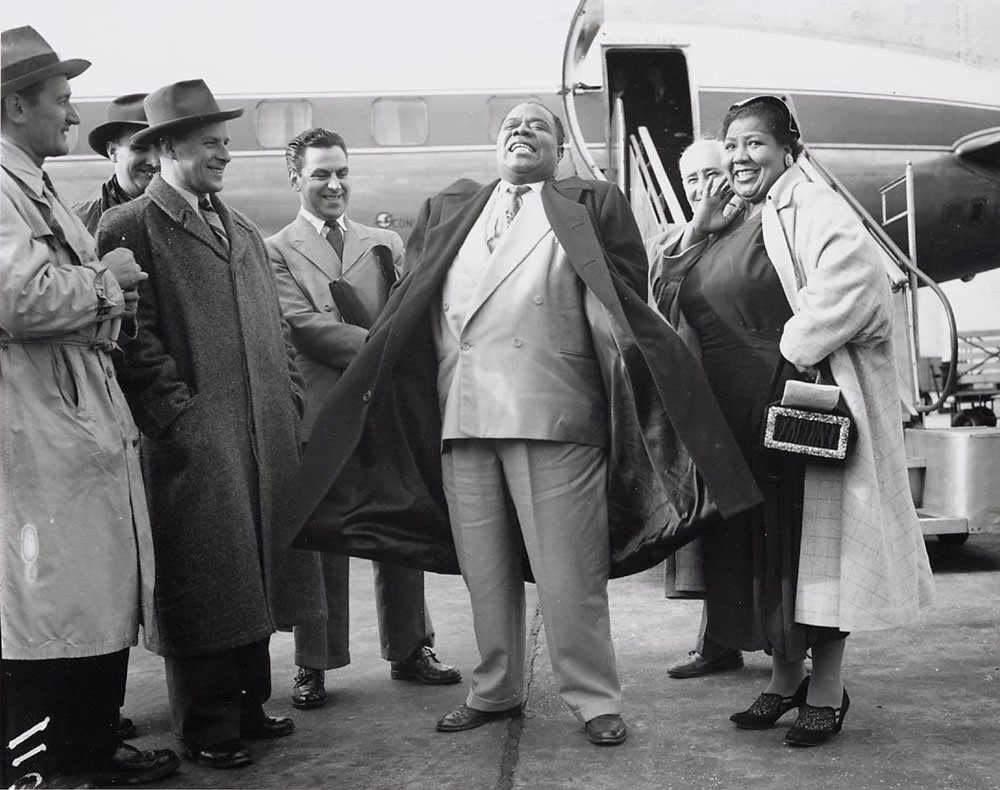Louis Armstrong’s arrest in 1931 for cannabis possession sheds light on the complexities of the era’s drug laws and racial dynamics. Armstrong, a prominent jazz musician, was arrested for smoking a joint outside a club in California. Despite marijuana being legal at the time, obscure state laws allowed the police to arrest individuals for its possession. Armstrong was sentenced to 30 days but served only nine in jail for this offense. This incident did not deter his connection to cannabis, as he continued to use it for relaxation and creativity. The arrest highlighted the disparity between the treatment of African Americans and white individuals under the law, especially regarding drug-related offenses. Armstrong’s experience reflects the broader challenges faced by black musicians in navigating drug laws and societal perceptions during that period.
What was the reaction of the public to louis armstrong’s arrest for cannabis

This was a mixed reaction from the general public at the time, but generally sympathetic towards the renowned jazz musician:
The Arrest and Public Reaction
- In 1931, Louis Armstrong was arrested for smoking a joint outside a club in California. Despite marijuana being legal at the time, obscure state laws allowed the police to arrest individuals for possession.
- Armstrong was sentenced to 30 days in jail but only served 9 days. The arresting officers were actually fans of Armstrong and treated him respectfully, with one officer saying he and his family were big fans of the musician.
- Armstrong was angered by the arrest, as he viewed marijuana as a “sort of medicine” that helped him relax and be more creative. He continued to use cannabis regularly, despite the increasing criminalization efforts.
- The arrest highlighted the racial disparities in how drug laws were enforced, with black musicians like Armstrong facing harsher treatment compared to white individuals. This experience shaped Armstrong’s views on activism and civil rights.
- Overall, the public reaction seemed to be one of sympathy and understanding towards Armstrong, as he was a beloved and respected figure in the jazz community. His arrest did not significantly damage his reputation or career.
While Louis Armstrong faced legal consequences for his cannabis use, the public generally reacted with understanding and support for the renowned jazz musician, recognizing the racial biases underlying his arrest.
Red more about this:
https://fherehab.com/learning/louis-armstrong/
https://hightimes.com/culture/high-times-greats-louis-armstrong/